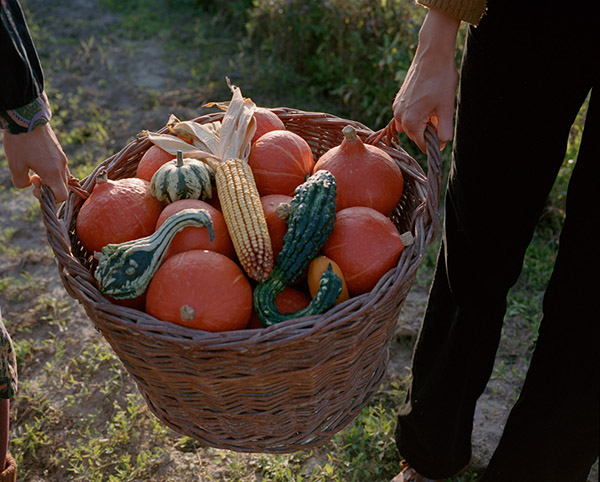Regenerative and organic farmers from across the world will join food activists and academics to discuss how to tackle the broken food system at an annual conference in January.
The Oxford Real Farming Conference (ORCC) is open to citizens from across the world to attend for a week-long line-up of debates, panels and keynote talks.
Among the high-profile speakers are the UN Rapporteur on the Right to Food Michael Fakhri and legendary activist Vandana Shiva. Regenerative, organic and permaculture farmers from the UK, France, Sweden and China, among others, are also on the speaker lists for the event, which aims to “catalyse radical action in the face of climate change, biodiversity loss, soil degradation, poverty, and Covid-19”.
Topics discussed will include climate resilience; the importance of healthy soil; resisting corporate takeovers of seed and food systems; the value of indigenous knowledge; redressing racial inequality in our food system; the future of UK farming; biodiversity loss and the impact on our health.
“It should be eminently possible to provide good food for everyone without wrecking the natural world, and without cruelty or injustice,” said co-founder of the ORFC, Colin Tudge.
“We just need to apply the principles of agroecology and food sovereignty – which in general means low-input, mixed farms with plenty of farmers and growers on small to medium-sized farms, geared primarily to local markets.
“Instead the world’s most powerful governments, corporates, and financiers are promoting the complete opposite – high-input monocultures with minimum to zero labour on the largest possible scale, geared to profit in the global market.”
“We need to turn things around fast and since our leaders have taken the wrong tack, people who give a damn – and especially farmers – must do what’s needed for ourselves.”

Around 5,000 delegates from six continents are expected to attend the event, which is free to attend for citizens and farmers from the global south. Tickets cost between £25 and £30 and can be purchased from the ORFC website.
Bursary applications are also available from black, indigenous and people of colour, as well as LGBTQ+ people, and people with disabilities.
The ORFC started in 2010 as a counter to the traditional Oxford Farming Conference, which takes place at the same time and is attended by the conventional farming industry and agri businesses.














0 Comments